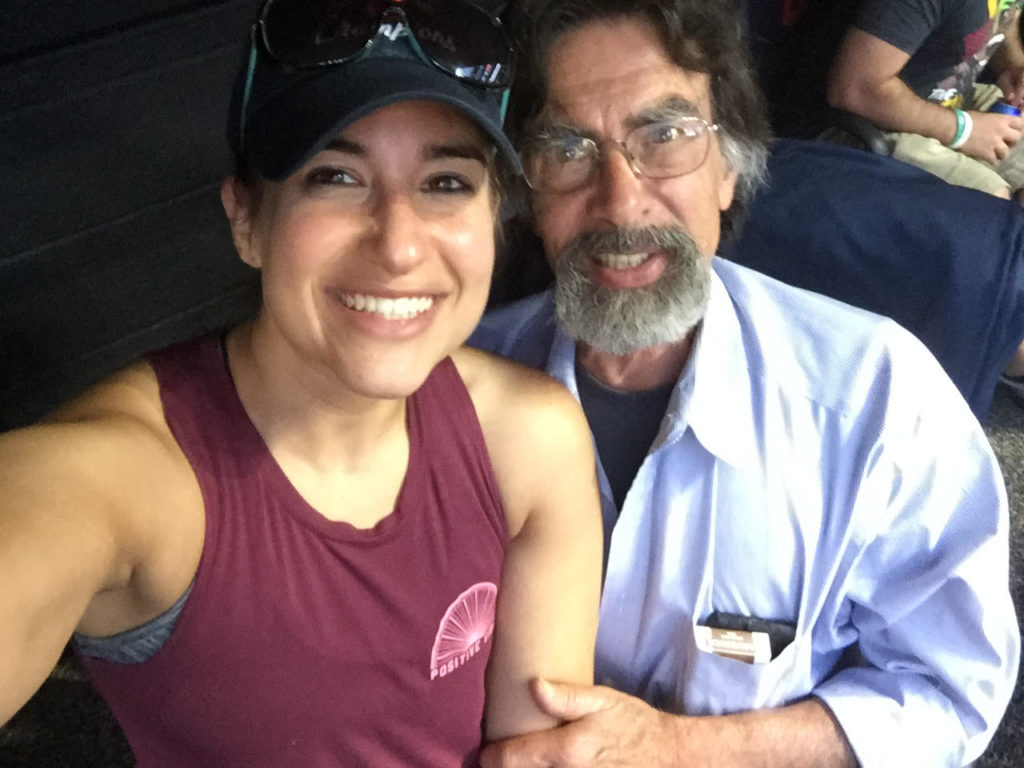
It has always been my belief that communication is the most essential component to life and human relationships. Communication may be conducted in various forms, i.e., via verbal expression, body language, eye contact, sign language, written message, gestures, speech generated devices, text. To express oneself is half of communicating, while the other half is receiving or understanding communication–hearing, reading, and viewing. Imagine waking up one day in total isolation and silence… you have lost your hearing.
My father became critically ill in November 2010 with streptococcus pneumococcal meningitis and lived in a coma state for over a week. This infectious disease impacted my dad with many neurological problems and communication deficits once he was conscious again. The disease left my father diagnosed with encephalopathy, myopathy, binary profound sensorineural hearing loss, loss of balance, weakness, and vision impairments. While entirely grateful to have survived this illness, the meningitis had left my dad profoundly deaf.
The inability to hear significantly impacted his life and my family–his career, his relationships, his ability to engage in conversations had all been altered. People assumed he didn’t understand, was unintelligent, and/or wasn’t listening. Well he couldn’t listen because he couldn’t hear.
I was in graduate school working at my clinical placements and obtaining my degree while my father was recovering, and my family was enduring this new life and style of communication. While in graduate school I was certain I would pursue providing speech therapy in the school setting and to children. I loved working in the school setting and the reward of watching children and young adults develop their speech and language skills, so that they may participate in what I deem the most essential components of life—communication. My dad’s life-changing event also changed the course of my clinical path and long story short, I wound up working with adults predominantly post brain injury to improve their communication, cognition, and language skills so that they may maintain and/or improve their impaired communication skills.
My dad received a cochlear implant and speech therapy services were provided to him by The University of Akron as part of a grant, where he participated in aural rehabilitation to improve his ability to understand spoken language. He took sign language, as did I, and we became proficient in reading lips. Had these services not been provided by fundraising and grants he may not have made the gains he did with communication skills and thus we are forever grateful. Today, many people meet my dad for the first time and don’t realize he is profoundly hearing impaired; speech therapy has facilitated this.
Today I am proud to be part of the Orange Effect Foundation as this organization provides services to individuals of all ages so that they are able to receive speech therapy and technology required for communication. My family and father specifically, benefited from organizations like this, which are able to raise funds to provide services to those in need.

